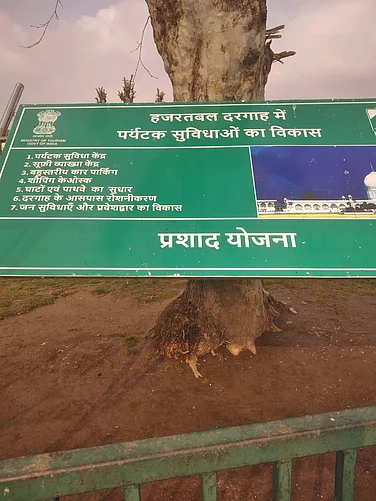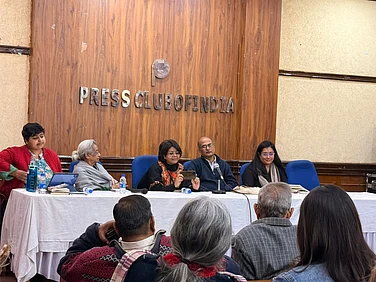For the state… the ‘recovery’ of Lalgarh will provide scant and fleeting comfort. Once central Forces are withdrawn, the area will, once again, be vulnerable to the Maoists’ disruptive dominance. If a saturation of Forces is maintained over extended periods of time, this may, in itself, become an issue for future mobilization, even as such Forces would become progressive targets in attritional attacks. In any event, even if Lalgarh is effectively secured in perpetuity, the rest of West Bengal – and areas of progressive Maoist consolidation across the country – will provide limitless recurrent opportunities for future theatrics in the ‘people’s war’.
Ajai Sahni, Red vs. Khaki, The Indian Express, July 13, 2009
At the Chief Ministers Conference on Internal Security in Delhi on August 17, 2009, West Bengal Chief Minister Buddhadeb Bhattacharjee’s asserted that joint operations by the West Bengal Police, Central Reserve Police (CRPF) and Border Security Force (BSF), launched on June 18, 2009 to regain control over Lalgarh in the West Midnapore District had "restored order in most of the villages and made it possible to restart development work."
On August 6, however, West Bengal Home Secretary Ardhendu Sen, after a review meeting at Writers’ Building (the state secretariat), had candidly confessed that operations to flush out cadres of the Communist Party of India-Maoist (CPI-Maoist) at Lalgarh had failed: "Our target was to arrest the Maoists or flush them out of the area. But we have not been successful. The Maoists are continuing with the siege almost everyday (sic). Killings and abductions are regular." On August 13, Sen disclosed, 67 people, including 23 hardcore Maoists, had been arrested. Only one Maoist has, however, been recorded killed in the State in 2009, in a clash with Marxist cadres.
On August 7, a day after Home Secretary Ardhendu Sen’s admission of failure, Maoists under the leadership of Bikash held a ‘victory rally’ attended by around a thousand villagers at Domohani, barely two kilometres from the Dharampur Police Station, in Lalgarh. In the rally, the Maoists assured people that they were completely prepared to take on the armed forces. Bikash claimed, "None of our people has been killed or arrested." However, a media report mentioned the arrest of 25-year-old Biswanath Mahato, a propaganda secretary of the CPI-Maoist and a close associate of Koteswar Rao alias Kishanji, a member of the CPI-Maoist politburo and head of the party’s guerrilla operations in West Bengal, Jharkhand and Orissa. A day after the Home Secretary’s admission, Bikash told The Hindu "The joint operation of the security forces has failed as it was bound to. The West Bengal Government should brace itself for further failures in the near future."
On the ground, indications of continuing Maoist dominance in Lalgarh are clearly visible. The Maoists operate openly with impunity in villages, enforcing their writ, and, according to an August 19, report, they "run medical camps and schools, have arranged drinking water by setting up tubewells, and also do social work. With the government welfare schemes non-existent, all this means Maoists continue to have a strong base in the area and can count on villagers sheltering them."
Despite two months of intense combing operations by more than 4,000 troops in Lalgarh and its adjacent areas, it is now evident that operations by the security forces are nowhere close to their objectives. Meanwhile, West Bengal has earned the dubious distinction of recording the highest civilian fatalities (51) among all the Left-Wing Extremism (LWE) affected states in 2009 (as on August 17), though on total fatalities it is ranked third, after Chhattisgarh and Jharkhand. Most of the civilian victims are cadres/supporters of the ruling Communist Party of India-Marxist (CPI-M), which has relied considerably on its armed activists in the struggle to regain lost ground in Lalgarh.
Fakir Mohan Pradhan is Research Assistant, Institute for Conflict Management























